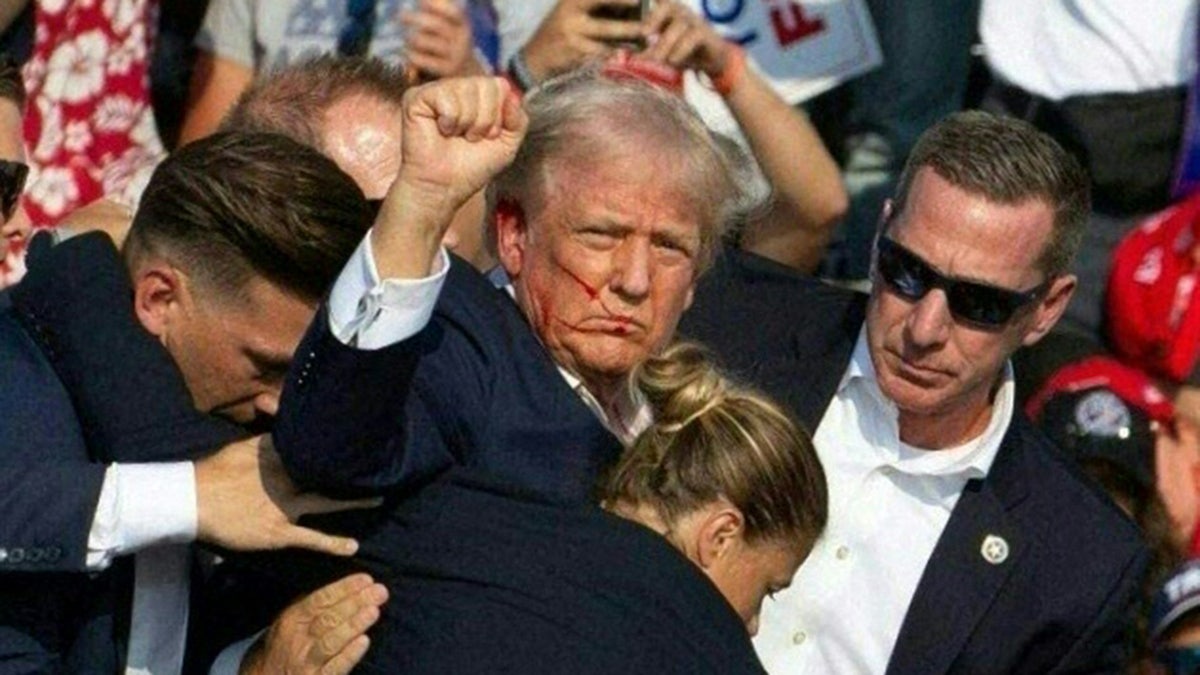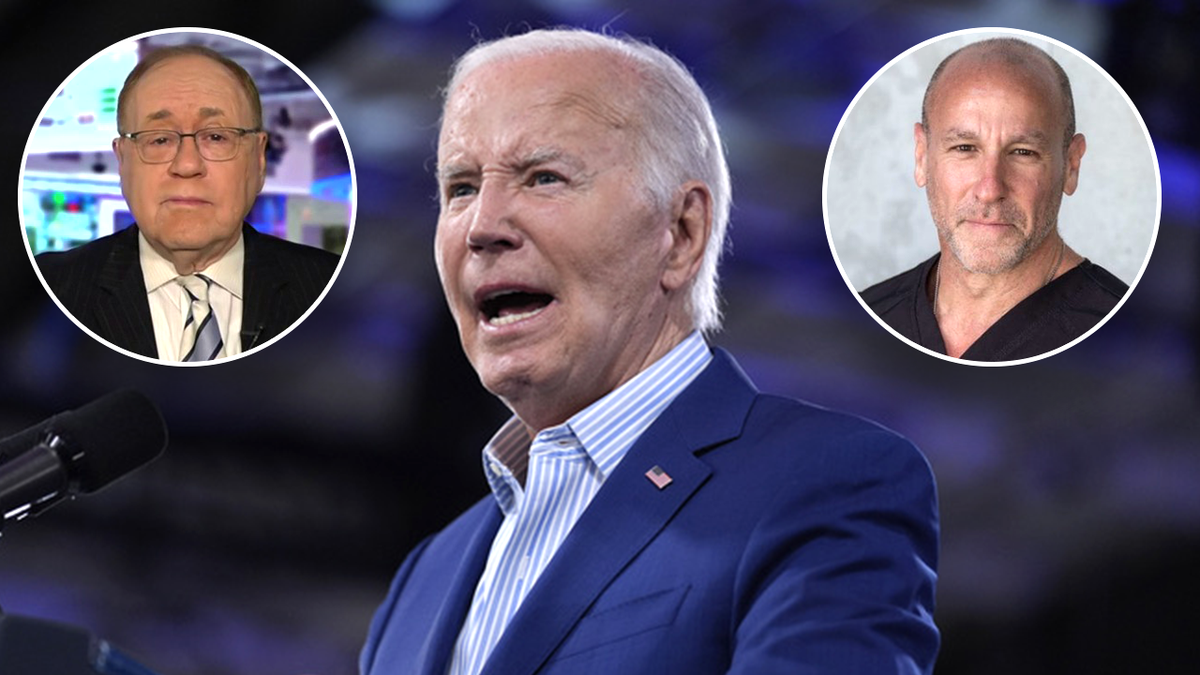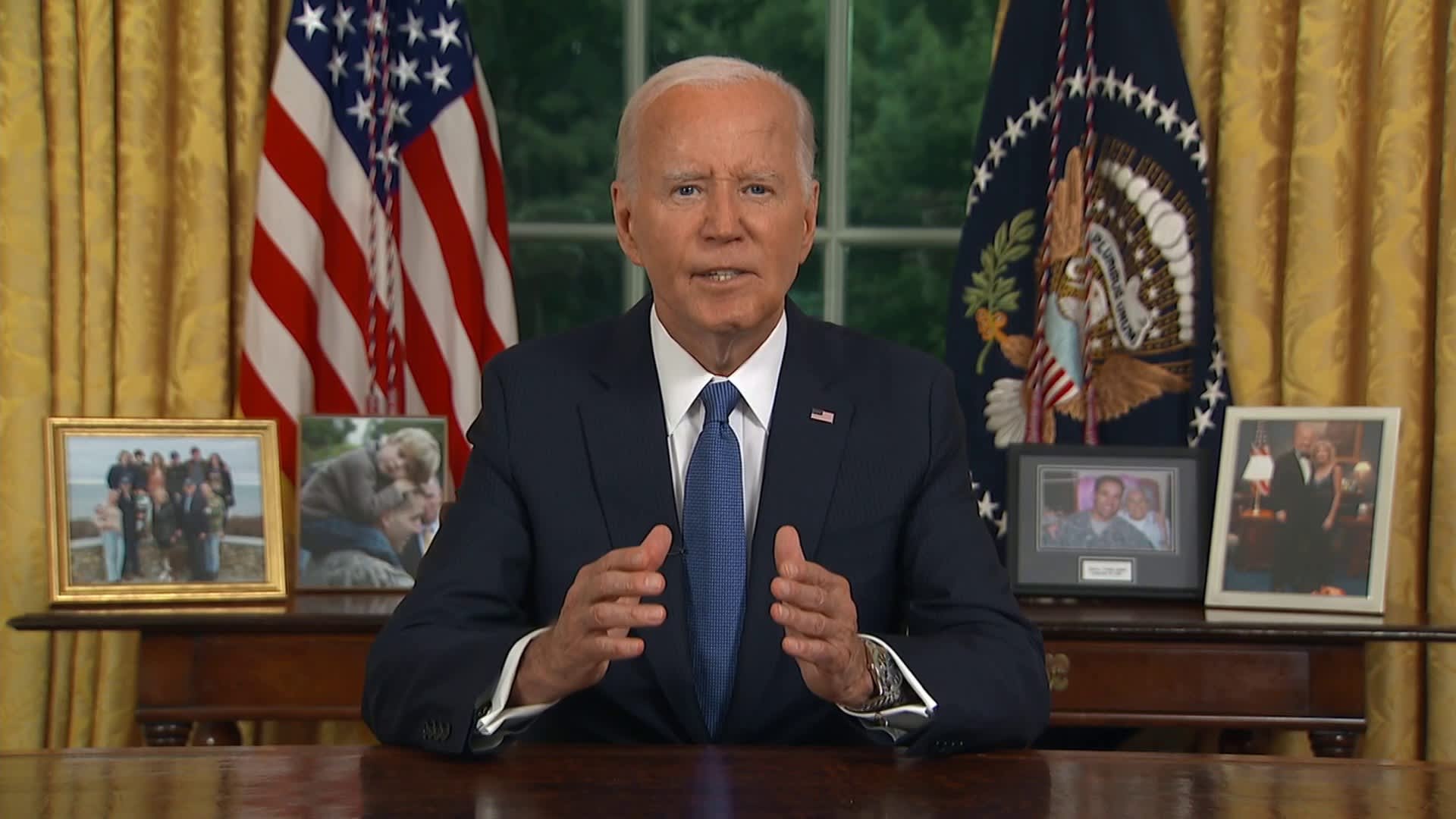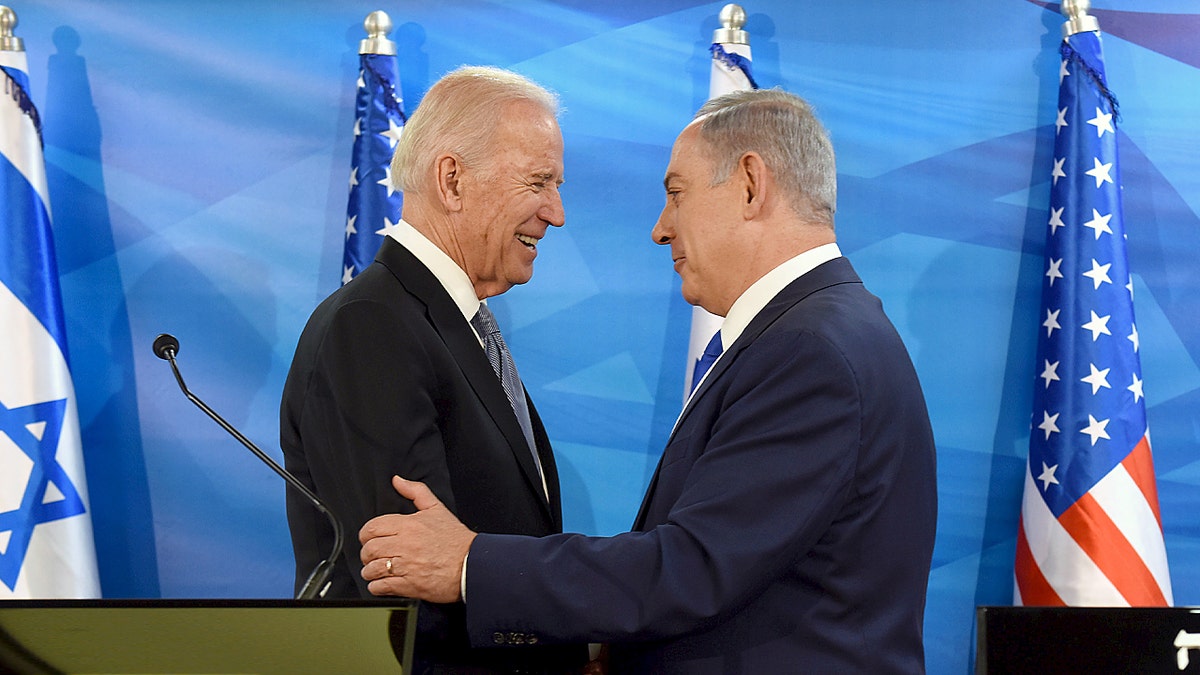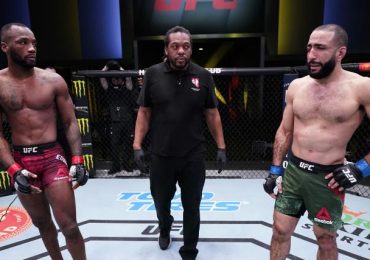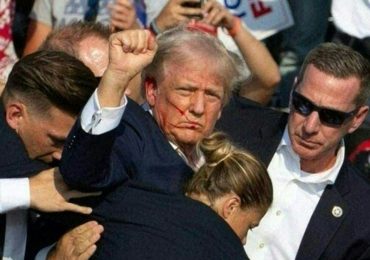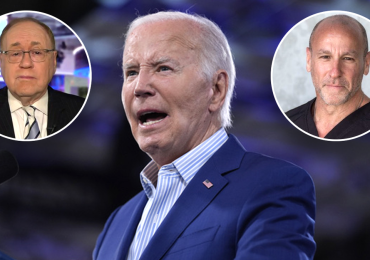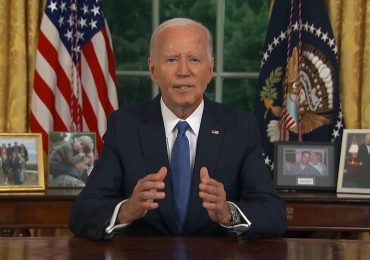The morning after former President Donald Trump survived an assassination attempt during a rally in Butler, Pennsylvania, on Saturday afternoon, Dr. Marc Siegel spoke to Fox News about the “miraculous” outcome.
Appearing on “America Reports,” the Fox News medical contributor and clinical professor of medicine at NYU Langone Medical Center expressed his admiration for Trump’s reaction in what he described as a “war zone.”
“The crowd kept its composure when this was going on … They were led by President Trump’s rally cry, raising his fist, saying ‘Fight’ and not giving up,” Siegel said.TRUMP SHOOTING: ‘GOD’S HAND OF PROTECTION WAS ON HIM,’ SAYS REV. FRANKLIN GRAHAM, OTHERS
“From a medical point of view, that idea of showing courage, and then showing compassion, reaching out on social media to the families of the victim and those who were injured, also sends the right message.”
The doctor also noted the quickness with which Trump got down when the shots were fired and then was led off the stage, which showed an “adroitness.”
The morning after former President Donald Trump survived an assassination attempt during a rally in Butler, Pennsylvania, on Saturday afternoon, Dr. Marc Siegel spoke to Fox News about the “miraculous” outcome. (Fox News/Getty Images)
Siegel also emphasized how “miraculous” it is that the former president survived the incident.
CLICK HERE TO SIGN UP FOR OUR HEALTH NEWSLETTER
“I’ve been talking to emergency room doctors, vascular surgeons and trauma surgeons all over the country this morning, and nobody can remember a case like this,” he said.
In particular, the doctor noted how rare it is for someone to be just grazed by a bullet from a high-powered rifle, as opposed to struck.

“I’ve been talking to emergency room doctors, vascular surgeons and trauma surgeons all over the country this morning, and nobody can remember a case like this,” Dr. Siegel said. (Dr. Marc Siegel)
“I trained in the Bellevue [Hospital Center] emergency room, I took care of gunshot victims countless times, and I never saw anything from a high-powered rifle that only grazed something.”
“People can recount someone being grazed by a bullet — I’ve seen that in the ER, but never from a high-powered rifle,” Siegel said.
The doctor stressed the small chance of Trump escaping this alive — “especially since it’s next to the part of the brain that is absolutely uniformly deadly, over 95% deadly, if he’d been hit in the brain there.”
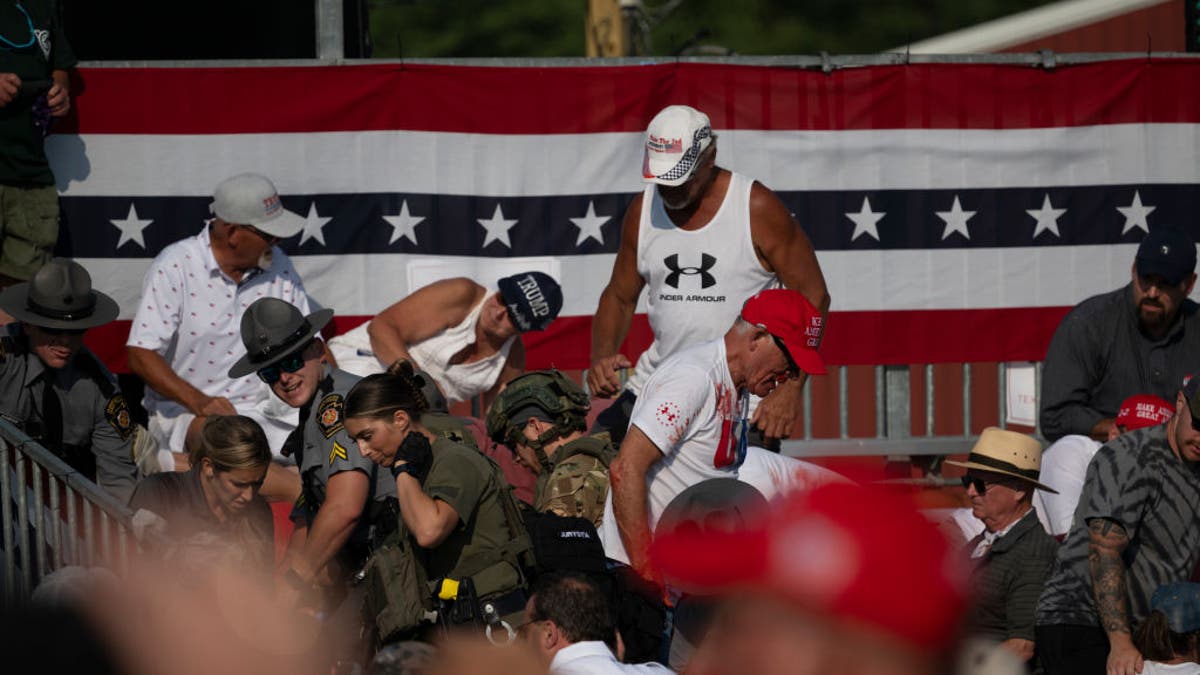
Audience members duck in the crowd during a shooting attempt at a campaign rally for GOP presidential candidate and former President Donald Trump at Butler Farm Show Inc. on July 13, 2024, in Butler, Pennsylvania. (Getty Images)
In a separate conversation with Fox News Digital, the doctor went into more detail about the former president’s injuries.
“The bullet grazed his ear – it looked a bit macerated, but we don’t know if he got stitches and I can’t tell yet if he might need plastic surgery, but that would be easy to do,” Siegel said.
CLICK HERE TO GET THE FOX NEWS APP
(“Macerated” is a medical term that refers to the process of skin softening and breaking down.)
“It was reminiscent of Teddy Roosevelt being shot in 1912 when he was running for another term as president after serving from 1901 to 1909,” the doctor noted.
“His courage, strength, good humor and caring for others are traits of a leader.”
“Roosevelt was shot in the chest during a campaign speech, and it hit his eyeglasses case and bounced back, leaving bullet holes in his speech,” Siegel continued. “Comparisons have been made between Roosevelt and Trump.”
Siegel reiterated that Trump handled the situation “extraordinarily” well.
For more Health articles, visit www.foxnews/health
“His courage, strength, good humor and caring for others are traits of a leader, as was his alacrity in hitting the ground and bouncing back up,” the doctor said.
“His positive reaction and courage instead of fear bodes well for quick psychological recovery without PTSD, which affects 10% to 25% of combat veterans.”
